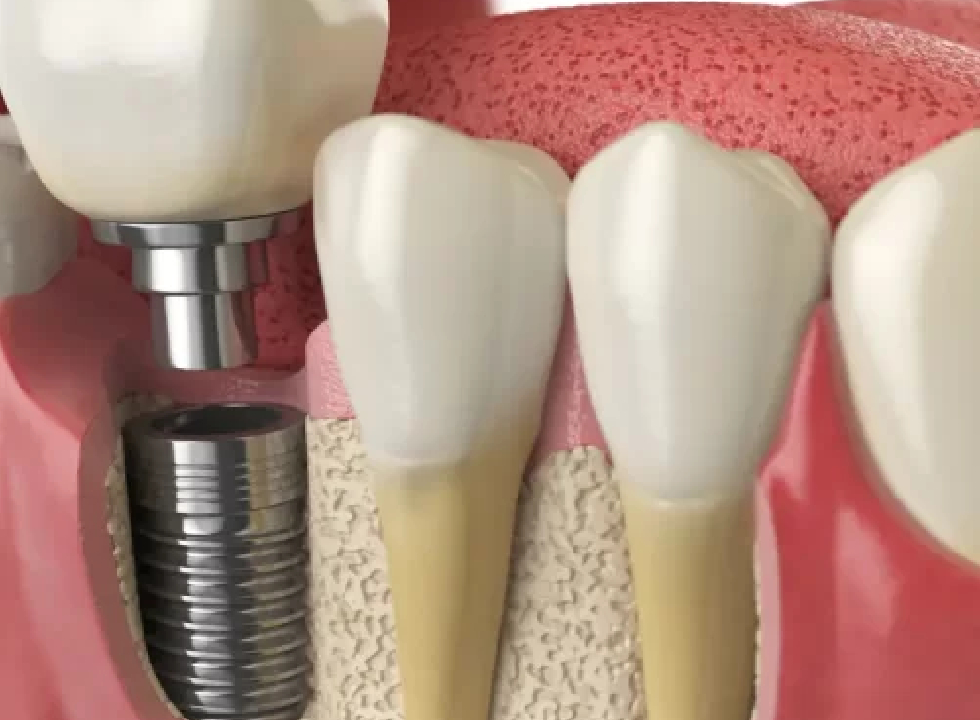What Are The Risks Associated With Dental Implant Surgery?
2 min read
Undergoing dental implant surgery offers a long-lasting solution to missing teeth, but like any surgical procedure, there are risks involved. While complications are rare, it’s important to be aware of possible side effects or challenges. In this article, we’ll explore the risks associated with dental implants surgery UAE and how to minimize them for a successful outcome.
Infection at the implant site:
Infections can occur at the surgical site, especially if proper oral hygiene is not maintained during the recovery period. Symptoms may include redness, swelling, pain, or discharge. Following your dentist’s aftercare instructions and attending follow-up appointments can help prevent this issue.
Implant failure:
Although rare, implant failure can occur if the titanium post does not successfully fuse with the jawbone. This is more likely in cases where there is insufficient bone density, or the patient smokes, as these factors can impede the healing process. Bone grafting or other preparatory procedures can reduce this risk.
Nerve damage:
If an implant is placed too close to a nerve, it can cause numbness, tingling, or pain in the affected area, such as the lips, chin, or tongue. Dentists use imaging tools like X-rays or CT scans to carefully plan implant placement and avoid this issue.
Sinus problems:
For implants placed in the upper jaw, there is a risk of sinus complications if the implant protrudes into the sinus cavity. This can be addressed by performing a sinus lift before the implant procedure to create sufficient space.
Gum recession:
In some cases, the gum tissue around the implant may recede, exposing the metal post and leading to discomfort or aesthetic concerns. Regular monitoring by your dentist can help detect early signs of gum recession and prevent further complications.
Allergic reactions:
Though rare, some patients may experience an allergic reaction to the titanium used in the implant. This may result in itching, swelling, or other symptoms. If you suspect an allergy, your dentist can recommend alternative materials.
Excessive bleeding:
Mild bleeding is normal after surgery, but excessive bleeding may indicate an issue. Patients should inform their dentist immediately if they experience prolonged bleeding.



